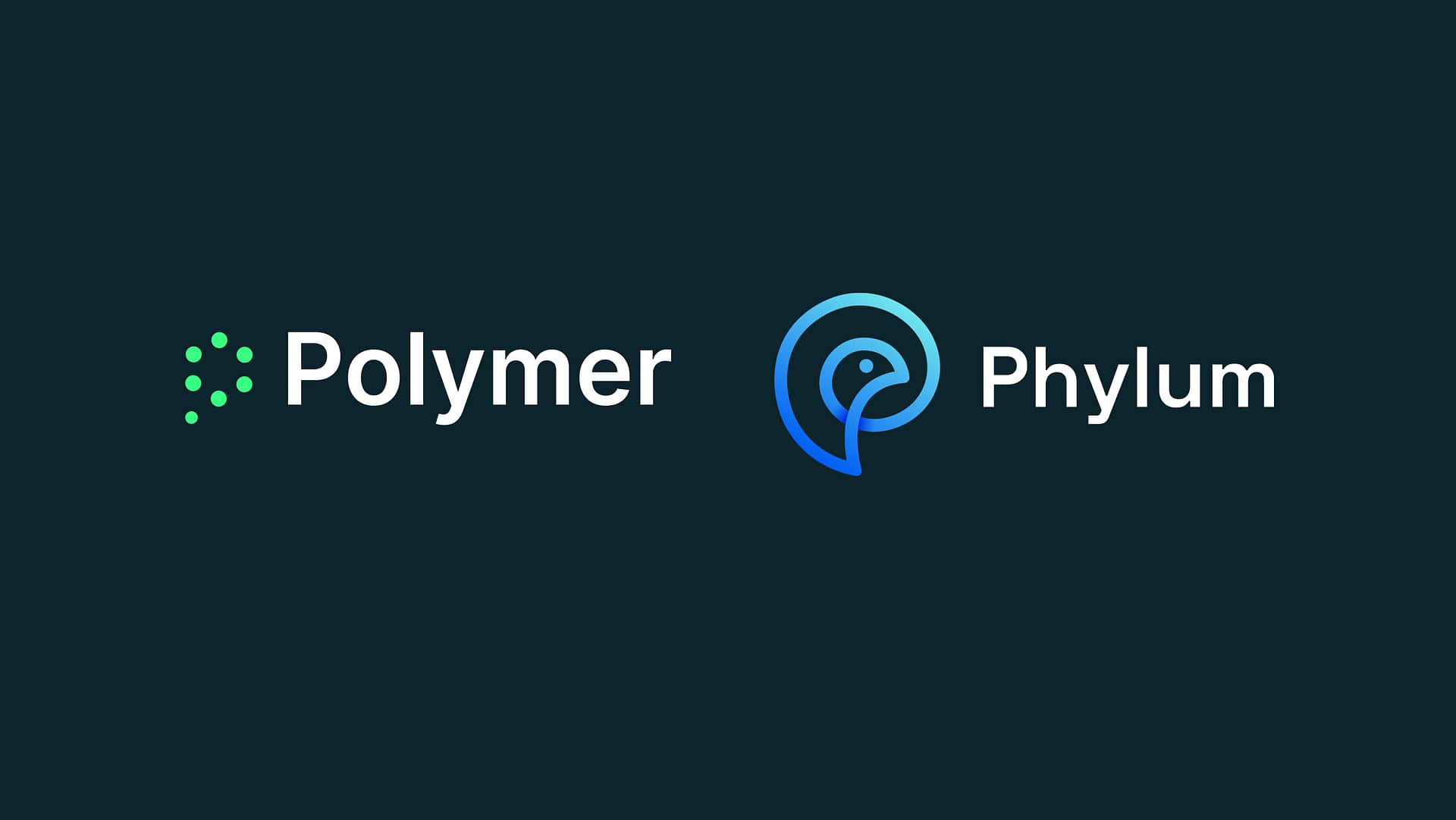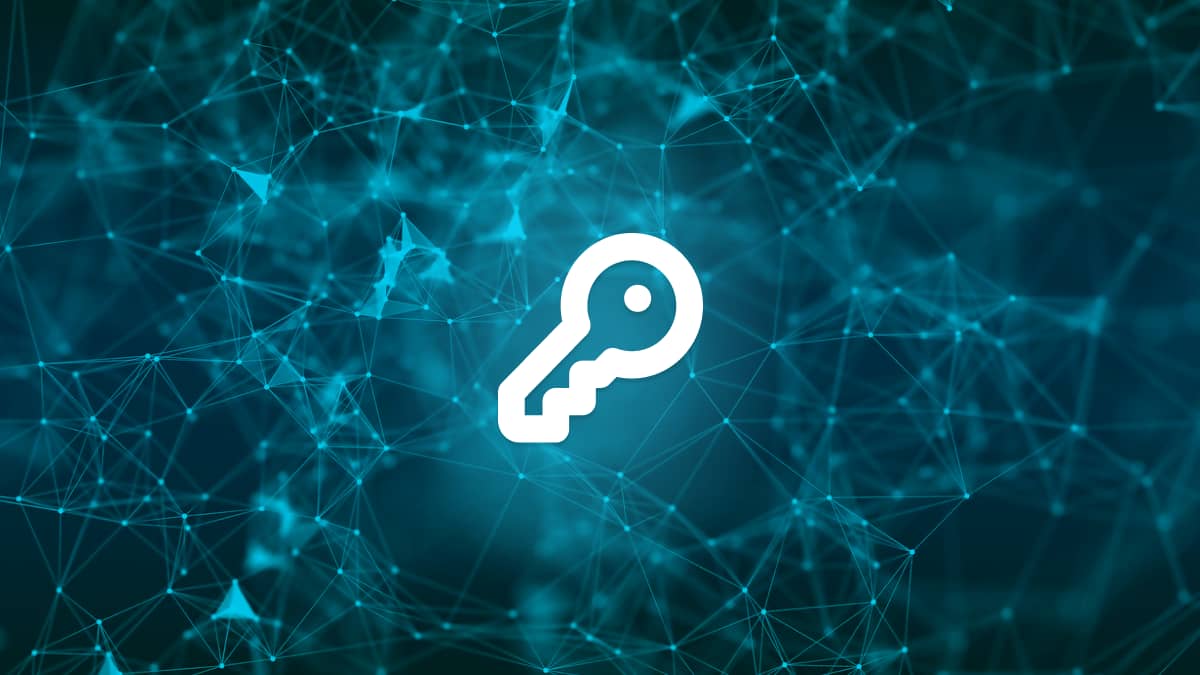Reddit groups behind large stock moves recently are presumably bringing the power of the masses against Wall Street. While this is technically legal, a lesser publicized shift is happening in how insider trading is proliferating via SaaS communication tools. The proliferation of SPACs is creating more opportunities for ‘small exchange of info’ to make dramatic effects on underlying stocks-especially those with high day-trading volumes.
Based on prior periods of technological shifts and fast moving markets (e.g. circa 2000), SEC generally gets busier with insider trading enforcements.
“We believe we are in the smack middle of one of those periods with very high insider trading.”
Insider trading enforcements are increasing
Supreme court is looking into reducing the bar to bring insider trading charges stick and it’s high time public companies take a look at employee handbooks, training and implement controls within the ever-proliferating SaaS collaboration tools.
SEC in its Fiscal 2020 report has made it clear that insider trading continues to be a high item of interest:
It’s true that Insider Trading is hard to prove and a majority of the cases fall in the ‘grey area’ where enforcement is hard. However chat rooms and texts have figured prominently in many insider trading cases. And since enforcements generally happen a few years after the event, we are postulating a high volume of these charges to come to light in the post-SPAC era.
Bloomberg Chats, Slack and other watercooler stations
Definition of insider trading is become looser, especially as it relates to Fixed income securities. For stock related insider trading, chat rooms have historically been a ripe platform.
Some of the high profile cases involving chats attest to this. Probably the first insider trading fine was when nineteen people were charged in $8.4m AOL chatroom insider-trading scam. Some other recent fines have also featured high usage of chats.
- Citigroup Help With Insider-Trading Case
- How BP Used a Secret Chat Room for Insider Tips
- Goldman FX Trader Was Loyal to His Chat Room
- IT contractor and his two accomplices sharing info across 3 countries
External facing channels are a big risk
With the proliferation of tools such as Slack Connect, Zoom Chats, it’s only natural that information of product releases, new initiatives or other aspects of a public company will be shared with external parties.
“Chat conversations around initiatives or product releases are likely market moving for sub $5B Mkt Cap companies.”
Vendor chat channels create a perfect environment for the trading of material, non-public information to thrive unabated.
Preventing insider trading with employee training
Employee Training to nurture best practices on public vs private information is important. It’s necessary (and FINRA/SEC mandated) to foster a culture of trust and transparency. Labeling information that is safe to share externally needs to be part of companys’ product, partnerships and go to market strategies. This is obviously a playbook that has been perfected by Banks over the past couple of decades.
Trust but verify with Polymer DLP for Slack & Teams
Polymer DLP is a Virtual Compliance Office that monitors Slack Connect, Shared and public Slack Channels. Any sensitive data transmission can be blocked as well as audit trails are created for compliance violations automatically. Polymer’s sentiment analysis can detect and hunt down some of the common insider trading conversation patterns.
Insider trading needs to be differentiated from public chatter and taken very seriously. A company getting ensnared in such practices can create long term damage for investors and its employee-base. A mix of policies, practices and controls are the bare minimum required to ‘nudge’ positive outcomes.








